Economic News Posts on Crowch
In June 2025, Canada will host the annual G7 Summit, one of the most influential gatherings of global leaders. The heads of the seven largest advanced economies will come together to address pressing global issues, from climate and security to artificial intelligence and economic recovery.
What Is the G7
The Group of Seven includes: Canada, the United States, the United Kingdom, Germany, France, Italy, and Japan. Together, these countries represent roughly 40% of global GDP and lead in innovation, finance, trade, and diplomacy.
The G7 is known for its informal and direct approach. Unlike formal organizations, it has no permanent headquarters or binding agreements. Instead, it enables open dialogue and rapid response to global developments.
Key Topics in 2025
- Global economy & inflation: coordinated efforts to curb inflation, support supply chains, reduce inequality
- Security & geopolitics: war in Ukraine, policy alignment on China, cyber defense strategies
- Climate change: decarbonization targets, green investment plans, energy transition
- Artificial intelligence & tech: regulating AI, safeguarding data, strengthening digital infrastructure
- Global health: pandemic preparedness, post-COVID reforms, aid to low-income nations
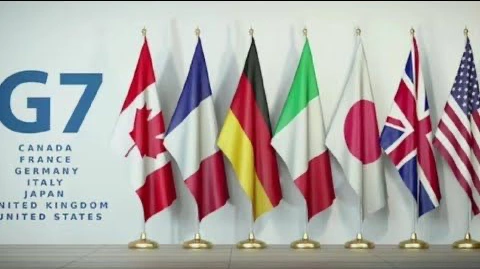
Special attention will also be paid to partnerships with emerging countries in Africa and Asia, as well as reinforcing global institutions such as the WHO, WTO, and IMF.
Why It Matters
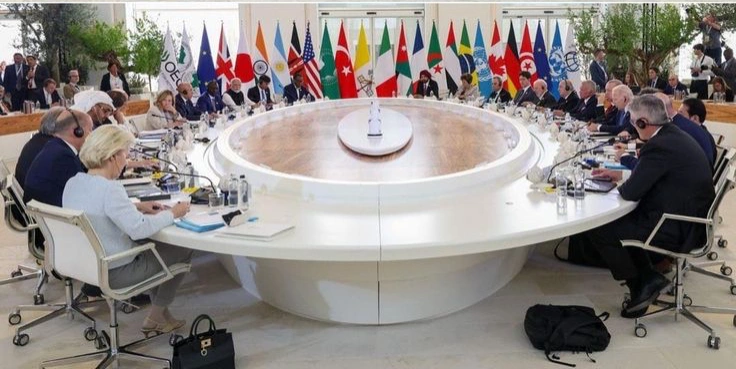
The G7 is where global priorities are shaped. Initiatives launched here often guide larger platforms like the G20 or the UN. As host, Canada aims to highlight democratic unity, responsible leadership, and cooperation in times of global tension.
The 2025 summit will take place against a backdrop of uncertainty — geopolitical instability, climate crises, and rapid tech disruption. The decisions made in Canada will influence international policies and potentially reshape the global order.
We live in an age where attention is the new currency. Newsfeeds refresh every second. Messengers constantly ping. Push notifications flash across our screens — demanding that we look, swipe, click, reply. In the middle of all this noise, we’re still expected to work, study, socialize, stay informed, be healthy, and somehow remain sane. This isn’t just information overload — it’s informational noise, a kind of digital smog that clouds our ability to think clearly, focus deeply, or feel truly present.
The human brain, brilliant as it is, did not evolve to handle this kind of cognitive environment. We weren’t designed to process thousands of micro-updates per day, each one calling for our attention, often with urgency that’s manufactured. We’re pulled from task to task, scrolling through bite-sized content, switching between tabs, apps, emails, messages — rarely staying with one thought long enough to understand it fully, let alone reflect on it.
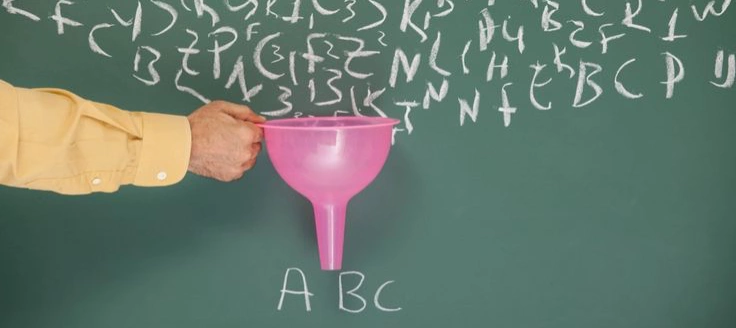
Over time, this leads to fragmented attention. Our ability to concentrate weakens. Tasks take longer. Mental fatigue becomes chronic. Even in moments of silence, our minds race. Many of us feel the need to check our phones during conversations, refresh our feeds when bored for two minutes, or scroll before sleep — not because we need to, but because we’ve become conditioned to.
And this isn’t just about productivity. It’s about the quality of our inner life. The loss of focus means a loss of depth — in learning, in relationships, in creativity. We struggle to be fully present with people, to engage deeply with ideas, or even to enjoy quiet moments alone. The space where imagination used to live is now often filled with noise we didn’t ask for.
Why is this a serious problem? Because without sustained attention, we can’t do the things that matter most. We can't build meaningful work. We can't grow relationships. We can't make intentional choices. We end up living reactively — responding to inputs instead of acting from purpose. Instead of following our own goals, we drift through a never-ending stream of other people’s agendas, wrapped in algorithms designed to keep us distracted.
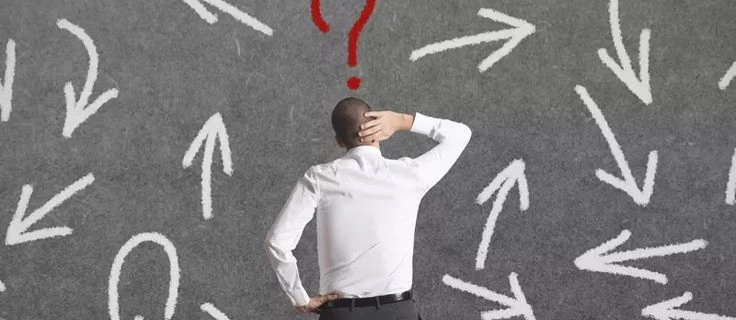
But there is a way out. It’s not about rejecting technology — it’s about using it with clarity.
What can we do?
- Minimize the noise: Turn off non-essential notifications. Unsubscribe from low-value content. Curate your feed the same way you would curate what goes into your body. Choose carefully.
- Regain focus: Work in intentional silence. Use techniques like Pomodoro to reclaim blocks of deep work. Protect screen-free time — not just for rest, but for reflection.
- Rebuild inner stillness: Meditate. Walk without your phone. Write a journal, not a tweet. Do nothing for 10 minutes and don’t feel guilty about it. Stillness is not wasted time — it’s where attention regenerates.
- Treat attention like energy: It’s limited, precious, and easily hijacked. Where you place your attention shapes who you become.
In a world that profits from your distraction, real freedom begins when you reclaim your focus. It’s not easy — but it is possible. And the more of us who do it, the more we shift the culture from noise toward meaning.
In recent years, the word "ecology" has stopped being something abstract. Wildfires, droughts, abnormal rains, heatwaves in cities, disappearing forests, and shrinking rivers — we see all this not on screens, but outside our windows. Climate change is no longer a hypothesis; it’s a reality that millions of people face every day. What once seemed distant now hits close to home, affecting every aspect of modern life.
Environmental instability affects not just nature, but also the economy, politics, infrastructure, agriculture, and even mental health. Crops are failing due to heat and unpredictable seasons, which leads to food shortages and rising prices. Cities become urban heat islands, where concrete traps warmth and creates dangerous living conditions. Infrastructure that was not built to withstand these extremes begins to collapse — roads buckle, power grids overload, and buildings suffer from unexpected flooding. Access to clean, reliable water is becoming increasingly uncertain in regions that once took it for granted. In some places, communities are forced to relocate because their homes are no longer livable.
Beyond the physical consequences, there are serious psychological and emotional effects. The fear of what comes next — of an unstable future, of natural disasters, of global collapse — is growing. This is especially noticeable among the younger generation, who will inherit the consequences of today’s inaction. Psychologists now recognize "climate anxiety" as a legitimate condition: a persistent feeling of helplessness, dread, and sadness connected to ecological change. It’s not irrational — it’s a rational response to what people see and feel every day.

Meanwhile, governments and corporations often issue bold climate-related statements. Commitments to reduce emissions, transition to green energy, or preserve forests are announced at international summits and celebrated in the media. But on the ground, progress is slow. Promises are postponed, diluted, or undermined by political pressure, economic interests, or lack of coordination. Many people feel disillusioned and frustrated, realizing that declarations are not the same as meaningful action.
There is a growing understanding that time is running out. The opportunity to avoid the worst impacts of climate change is still there, but it is shrinking rapidly. The coming decade is critical — not only for reducing emissions, but for fundamentally changing how societies function. The world is entering an era of climate responsibility, and each of us plays a role in what that looks like.
The solution is not only about innovation and technology — though clean energy, carbon capture, and sustainable agriculture are all vital. It’s also about our daily choices. What we eat, how we travel, what we buy, how much we waste, and who we support politically — these things matter. Small changes on a personal level, multiplied across millions of lives, can drive systemic change. But it requires honesty, courage, and commitment.
Mass awareness, collective pressure on businesses and political institutions, and a shift in mindset toward long-term, sustainable thinking are not signs of idealism. They are a necessary response to reality. This is not just a movement for environmentalists — it’s a survival strategy for all of humanity. The future of the planet depends on the choices we make today — and whether we are willing to act before it’s too late.
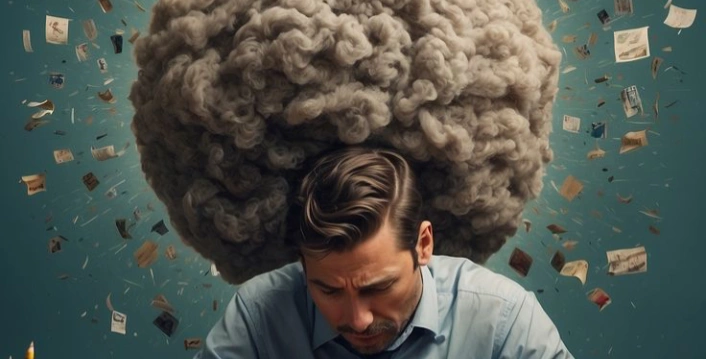
We often think of learning as the process of acquiring information: reading a book, memorizing a fact, passing a test. But what if the most important skill of all is not what we learn, but how we learn?
In a world of constant change, where knowledge evolves and professions transform almost overnight, the ability to learn how to learn becomes essential.
🌀 Why does this matter?Because no matter how much we already know, the future will always require something new. Facts will change. Tools will be replaced. But if you’ve trained yourself to stay curious, ask questions, and adapt — you’ll never fall behind.
📚 Learning how to learn means:– Embracing confusion as part of the process– Being okay with not knowing (yet)– Trying, failing, adjusting– Finding your own learning rhythm– Knowing when to seek help — and when to challenge ideas

🎯 It’s not about being the smartest person in the room. It’s about being the one who keeps moving forward, who doesn’t freeze when the rules change.
The real learners aren't the ones who always get A’s — they’re the ones who ask why, who revisit what they think they know, and who stay open to new ways of seeing the world.

In a rapidly evolving future, your most powerful degree won’t be from a university. It will be your mindset — your ability to learn, unlearn, and relearn.
So ask yourself: am I only collecting knowledge, or am I truly learning how to learn?
Let’s be honest: if you had told me in 2015 that by 2025 the United States would be fighting to defend the relevance of the U.S. dollar on the world stage — I probably would’ve smirked, sipped my overpriced coffee, and gone back to reading the Fed minutes.
But here we are.
This summer, the BRICS+ coalition — now expanded to include Saudi Arabia, Indonesia, Nigeria, and Turkey — officially launched the BRICS Digital Clearing Unit (BDCU), a blockchain-based trade settlement system designed to bypass the SWIFT network, minimize dollar dependency, and solidify a multipolar financial world.
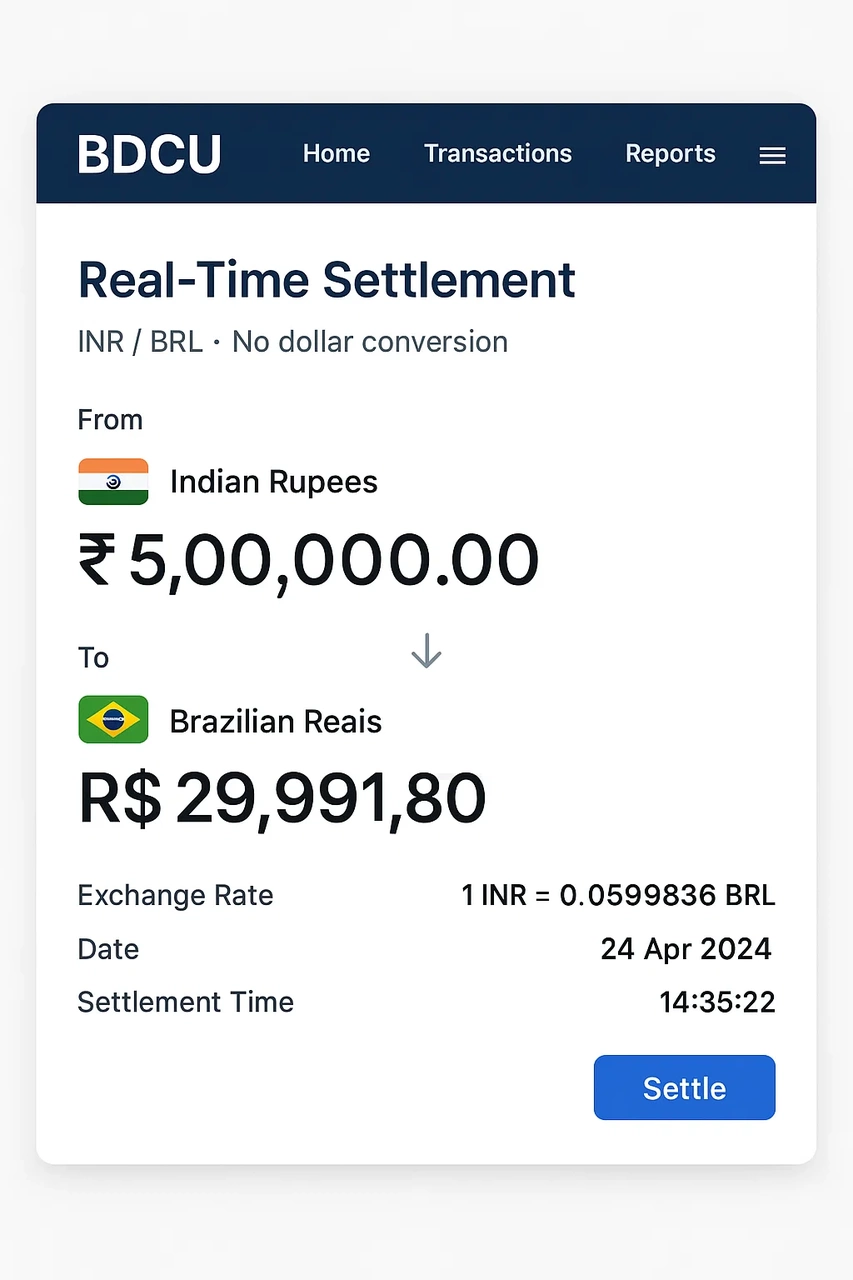
This is more than a tech upgrade. It’s a financial revolution, one that reorders how power, trust, and risk are distributed in the global economy. And it may well be the most significant shift in monetary geopolitics since Nixon closed the gold window.
The Beginning of the End (of Dollar Hegemony)?
The U.S. dollar has been the world’s reserve currency for nearly 80 years. That dominance gave America the ability to finance deficits cheaply, enforce sanctions effectively, and steer global monetary policy from behind closed doors in Washington.
But cracks have been forming. Russia’s ejection from SWIFT. China’s digital yuan pilot. African nations demanding fairer loan terms outside IMF frameworks. Even France, earlier this year, settled a gas shipment from Qatar in renminbi. So when BRICS+ leaders unveiled the BDCU this June, it wasn’t just symbolic — it was practical. A way for nations to conduct smart contract–based trade, with currencies of their choice, governed by a shared digital protocol. No middlemen. No dollar. No Western veto.
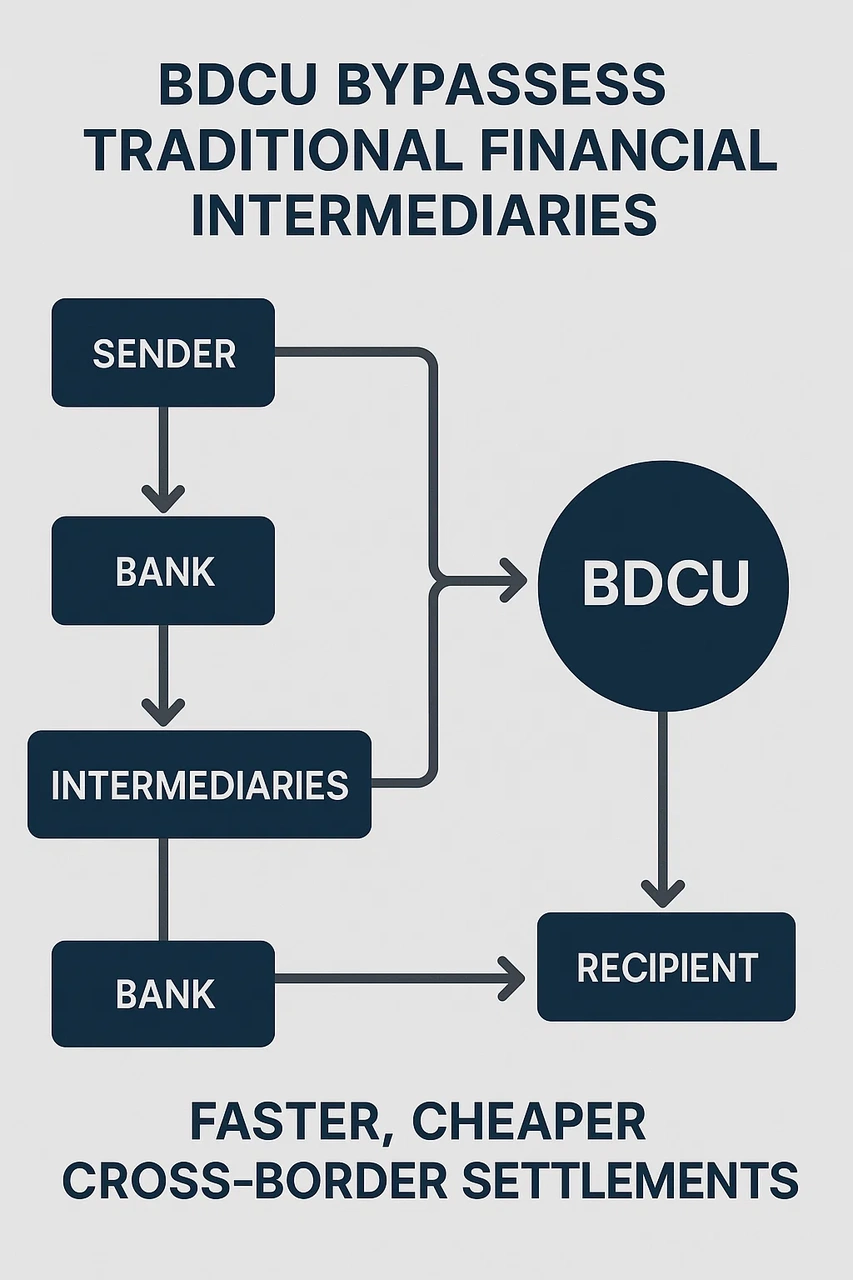
And just like that, the foundations of dollar supremacy feel shakier than ever.
A Shift in Trust: From Institutions to Protocols
For years, the global economy relied on institutions like the World Bank, IMF, and BIS to facilitate cooperation and impose order. But in 2025, trust is being redefined — not around institutions, but infrastructure.
The BDCU isn’t just faster or cheaper. It’s programmable. That means trade rules, tax compliance, sanctions, and even environmental standards can be coded directly into transactions. For example, a shipment of palm oil from Indonesia to South Africa could automatically verify deforestation status and carbon intensity before payment clears.
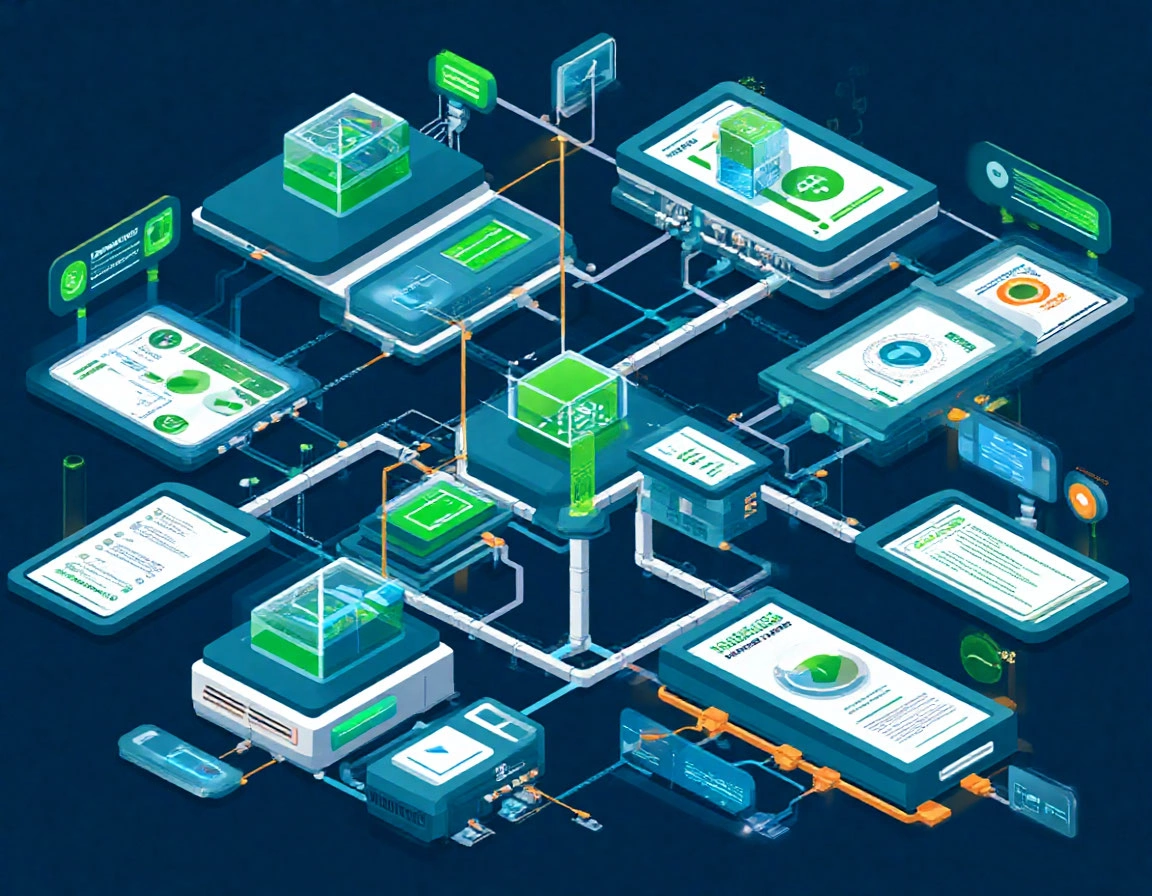
It’s efficient. Transparent. And dangerously seductive. Because while Western policymakers debate regulation, the BRICS+ economies are out here writing the new rules of financial trust — one line of code at a time.
Can the West Catch Up — Or Should It Adapt?
The U.S. response so far has been a mix of concern and confusion. The FedNow+ real-time payment network launched this year, but it’s still domestic. The digital dollar pilot is bogged down in political fighting over privacy and surveillance.
Europe, meanwhile, is watching its banking sector erode as emerging nations build direct trade links without touching the euro or dollar.
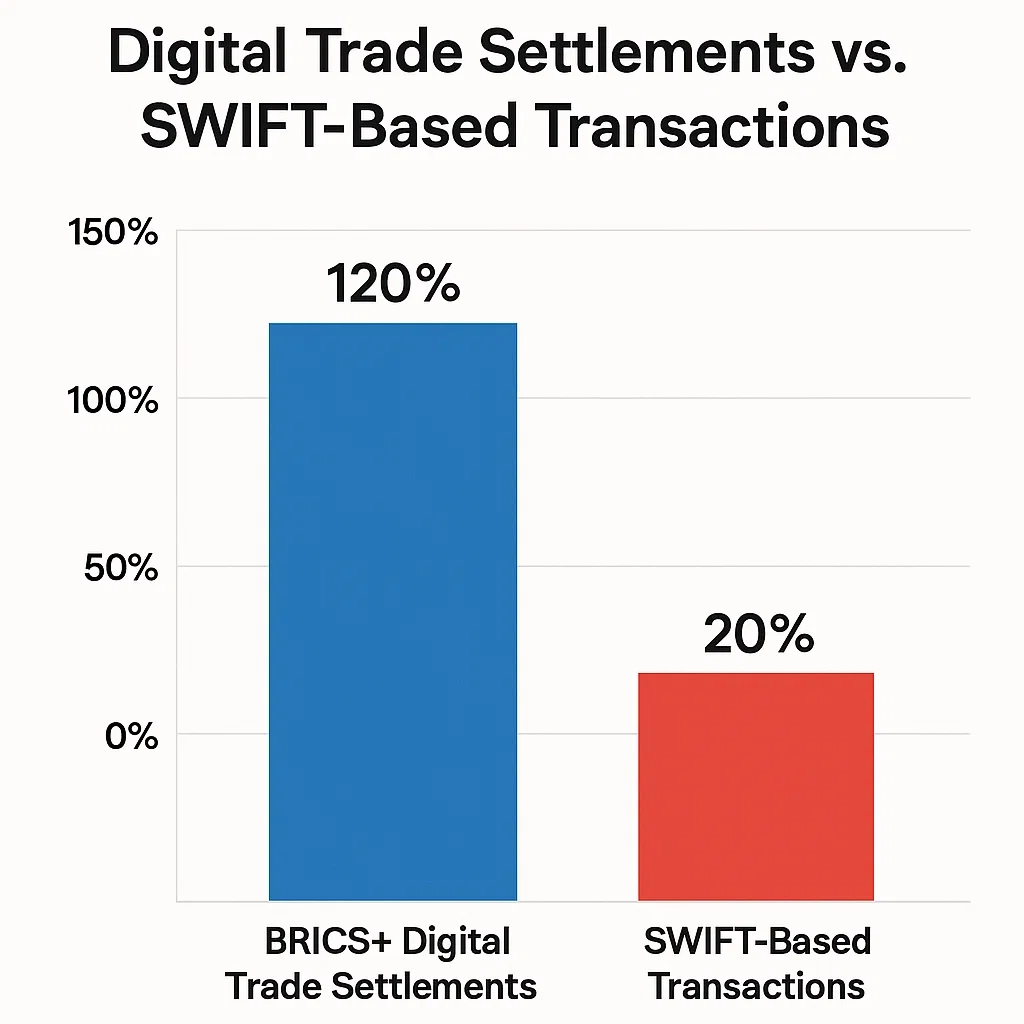
And here’s where things get tricky. The West can’t simply ban these systems — they’re open-source, decentralized, and increasingly too large to ignore. Nor can it outcompete them using legacy frameworks from the 20th century. Instead, Western economies might need to redefine their value proposition. That means doubling down on legal protections, contract enforcement, intellectual property, and innovation — things that can’t be easily tokenized or copied. Because in a world where financial plumbing is open to all, power comes not from controlling the pipes — but from offering the most trusted water.
What This Means for the Rest of Us
I’m not a central banker. I’m a guy who loves markets, macro, and the stories behind every spreadsheet. And here’s what I think: This shift isn’t just about geopolitics. It’s about access. The BRICS+ model empowers small and medium-sized nations — and even businesses — to transact without fear of financial exclusion. It lowers costs. Reduces friction. And forces legacy powers to compete for relevance, not assume it.
It also raises tough questions: Who gets to write the code that governs trade? What happens when economic sanctions can be bypassed with a few keystrokes? Will this lead to fragmentation, or eventually to pluralistic integration?
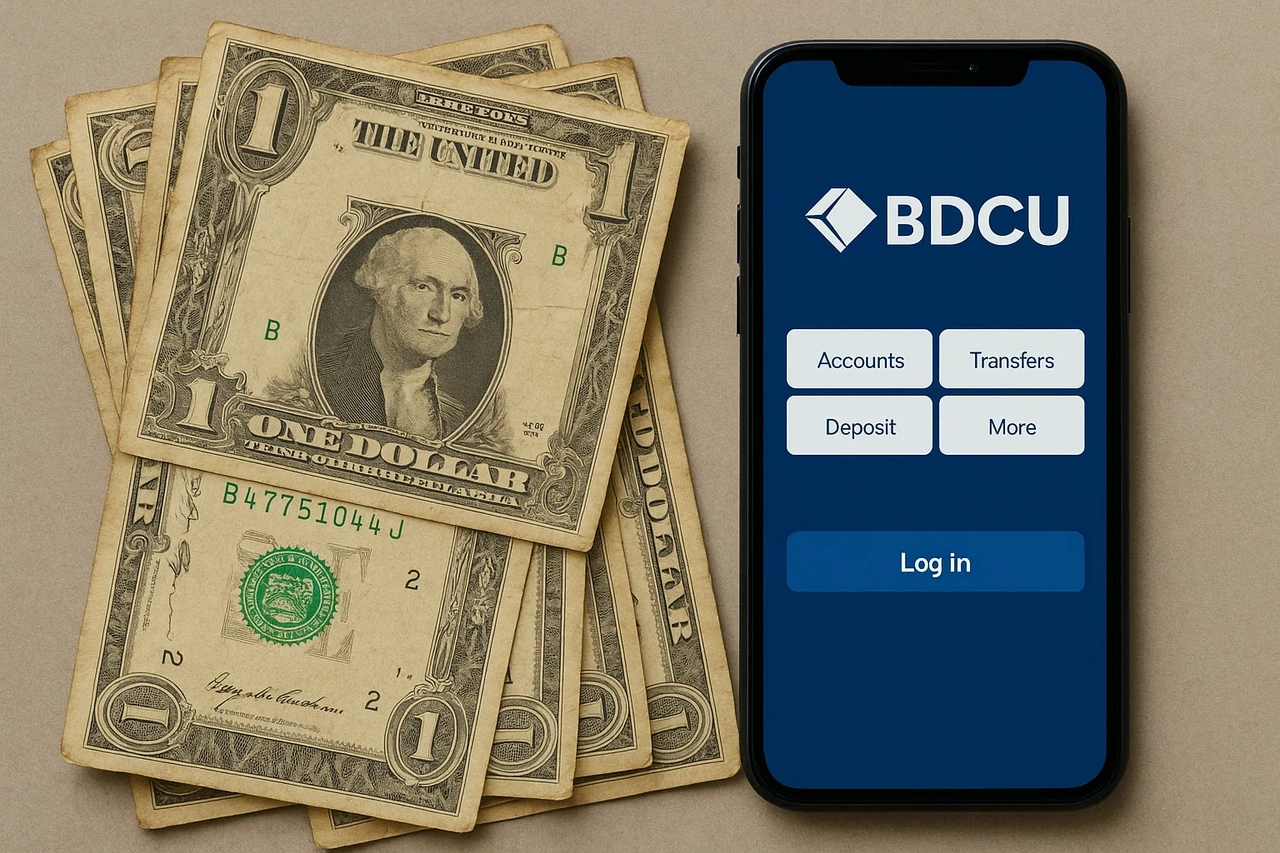
We don’t have answers yet. But here’s the truth no one in D.C. wants to hear: the dollar is no longer inevitable.
It’s optional.